Essential Security Measures for Email Communication
Dec-15-2023
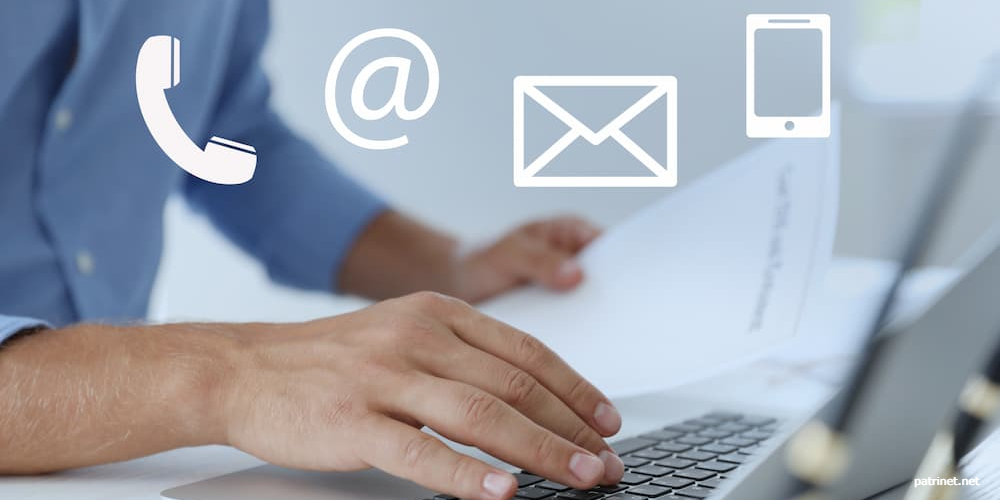
In the digital age, where email stands as the predominant method of online correspondence, encompassing over 4 billion engaged participants, its prominent role attracts nefarious entities intent on exploiting this communication channel. As cyber intrusions via email swell in frequency and sophistication, securing one's electronic postal exchanges becomes paramount. Neglecting the imperative of email security can precipitate dire repercussions for both individuals and enterprises.
The following delineates five critical security attributes imperative in any email service selection. The absence of these safeguards could expose you to substantial risks with potentially severe outcomes in the future.
1. Encryption
A non-negotiable feature of a credible email service is the ability to encrypt messages. This encryption shields correspondence from prying eyes, as lack of it essentially equates to broadcasting messages for all to see. It is vital that your email platform of choice incorporates robust encryption standards to safeguard user data from unauthorized disclosure.
The process of securing your emails should be straightforward and user-friendly, avoiding unnecessary complexity.
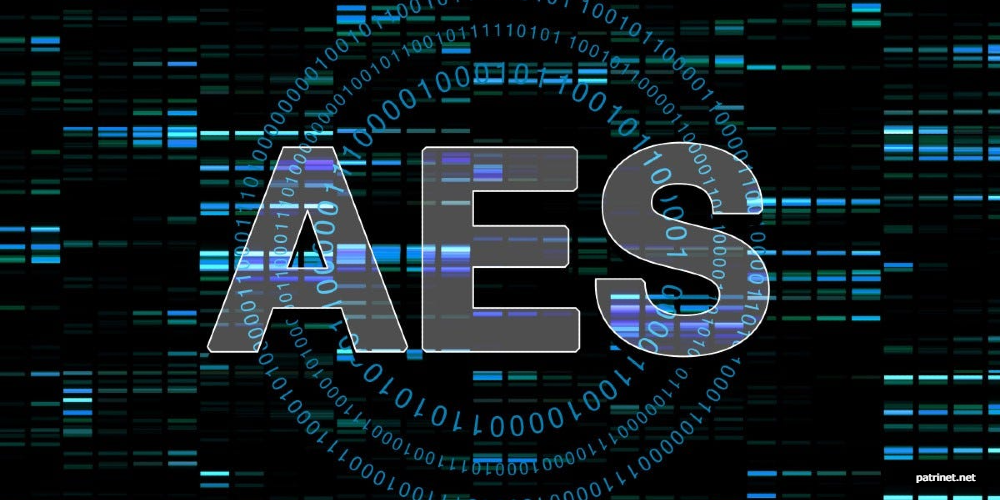
Among the prevalent encryption standards adopted by email providers are:
- Advanced Encryption Standard 256 (AES-256): Established by the U.S. National Institute of Standards and Technology in 2001, AES-256 encrypts messages using a key system 256 bits in length, rendering them extremely resistant to malicious interception. The sheer volume of potential combinations—over 115 septillion (a figure with 38 digits)—makes it an algorithm too formidable for even supercomputers, as cracking it would surpass the time span of billions of years, far exceeding the projected lifespan of our Sun and possibly the Earth itself.
- AES-128: Sharing the encryption methodology of its larger counterpart but with 128-bit keys, AES-128 presents an encryption challenge of similarly astronomical proportions, deterring all feasible attempts at forced decryption.
- Pretty Good Privacy (PGP): The brainchild of Phil Zimmermann, an esteemed American computer scientist, PGP emerged in 1991 as a powerful tool for securing emails, files, and directories transferred across the internet. Boasting the capability for up to 4096-bit key lengths, PGP surpasses both AES-256 and AES-128 in terms of potential encryption strength. Originally, it was so potent that Zimmermann found himself under federal scrutiny for potentially breaching arms export regulations, given that at the time, encryption with key lengths exceeding 40 bits was classified as munitions. By turning his creation into open-source, Zimmermann effectively skirted the controversy, with the subsequent relaxation of cryptography regulations in the United States closing his case sans indictment. Currently, PGP is widely regarded as the de facto standard for email encryption.
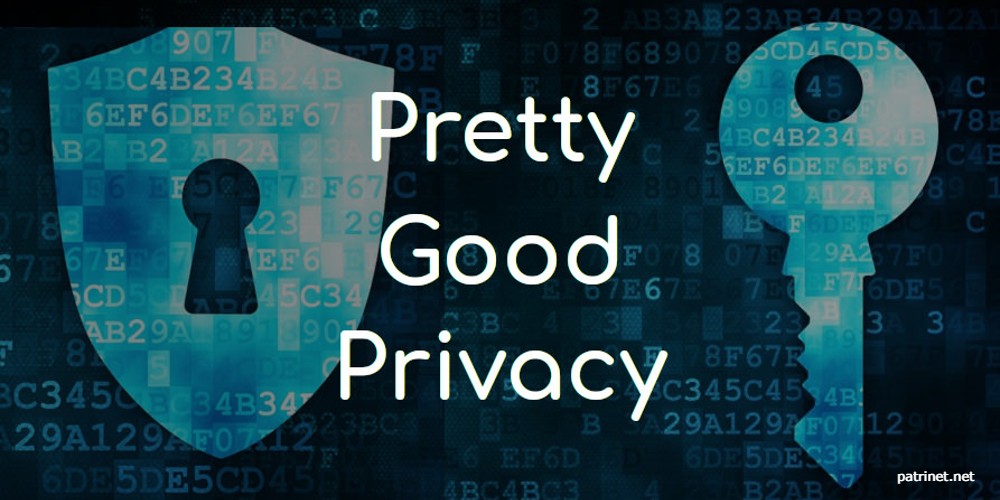
When selecting an email service, ensuring the presence of these critical security provisions is essential to protect yourself and your organization from the increasing threat posed by online adversaries. Robust encryption capabilities are non-negotiable in safeguarding sensitive information from being compromised.
2. Reliable Data Backups
Every robust email security strategy must include a reliable backup system. Even with top-notch encryption, other vulnerabilities, such as human error, can lead to data breaches or loss through either intentional deletion or corruption of data.
Regular backups ensure that email data is copied and stored on separate servers, safeguarding against any form of data loss. Should an issue arise with the primary server, the email service can swiftly retrieve your data from the backup with no noticeable interruption in service.
Email providers should offer a backup schedule that is either daily or, at a minimum, weekly to maintain up-to-date copies of all data, keeping you prepared for any unexpected data loss scenarios.
3. Advanced Spam and Antivirus Protection
Spam is ubiquitous on the internet, making up a substantial portion of all email traffic. This unsolicited email is usually aimed at gathering sensitive personal data or defrauding recipients of their money.
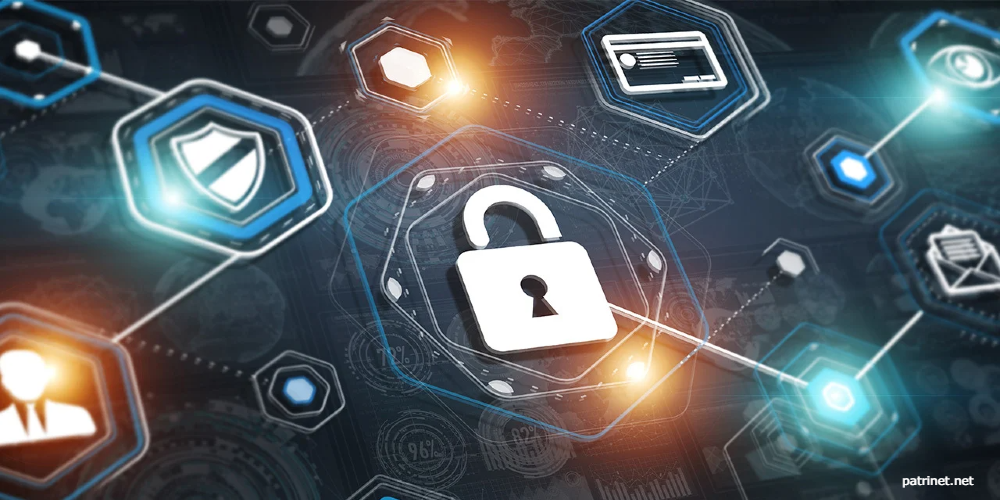
A modern email service provider must wield advanced spam filters to shield its users. Without such filters, users are left vulnerable to these incessant and often malicious intrusions.
The most effective spam filters use complex algorithms aided by machine learning and artificial intelligence to sift through incoming messages, improving their spam detection over time. These systems are particularly important as spammers become more adept at circumventing conventional filtering techniques.
While false positives can occur, top email platforms like Gmail and Yahoo Mail direct questionable emails to a specific spam folder. Users can review this folder to ensure legitimate messages haven’t been incorrectly filtered and train the system by marking any non-spam messages accordingly.
Similarly, an email service must be equipped to scan for viruses within emails, identifying dangerous links or attachments and either blocking them or alerting the user to their presence, thus preventing the spread of malware.
4. Robust Multi-Factor Authentication
Multi-factor authentication (MFA) significantly enhances account security by requiring a combination of two or more credentials before access is granted. All secure email platforms should allow for MFA, thereby ensuring that possession of a password alone isn't sufficient for email account intrusion.
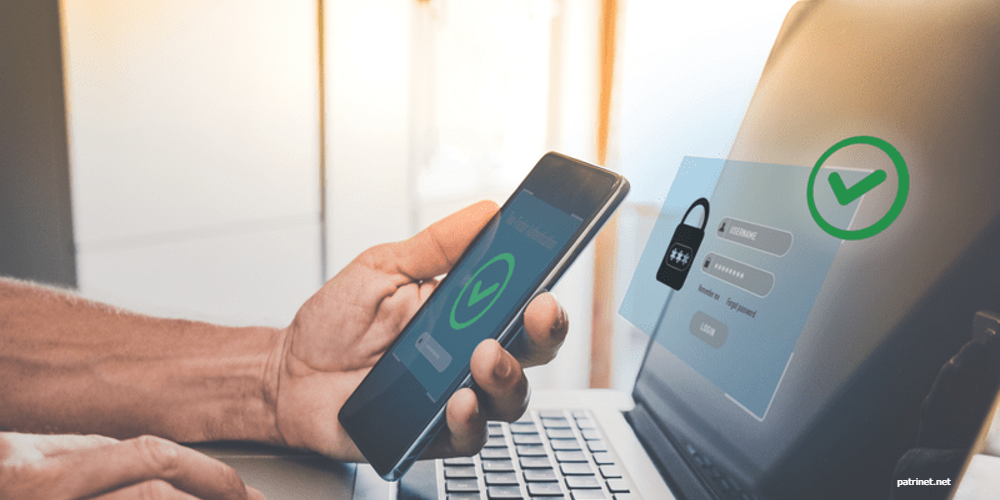
Common forms of MFA include sending a time-sensitive code to a user's mobile device or to an alternate email address. Services like Google's Gmail are known for their robust MFA systems, sending real-time prompts to users from recognized devices for authorization, thereby deterring unauthorized access.
Implementing MFA has been shown to be highly effective, with Microsoft claiming it can prevent nearly 100% of account compromise attempts. Disabling this crucial security measure can markedly increase one's vulnerability to account infiltration.
5. Proactive Anti-Phishing Strategies
Phishing attacks involve deceiving individuals by masquerading as a reliable entity to steal sensitive information or coerce them into transferring funds. These attacks are meticulously crafted, often imitating the appearance, communication style, and email address of a legitimate contact with only subtle dissimilarities.
It is imperative for email providers to include measures to combat these deceptions. Services like Gmail have incorporated alerts that notify users when an email arrives from a source with a familiar name but an unrecognized email address, prompting closer inspection of the sender's credentials.
This protective layer is pivotal, as excessively subtle differences in email addresses—for instance, the substitution of a numeric '1' for the letter 'l'—can easily go unnoticed. With anti-phishing notifications in place, users are encouraged to scrutinize sender details more meticulously, reducing the likelihood of engaging in phishing attempts.
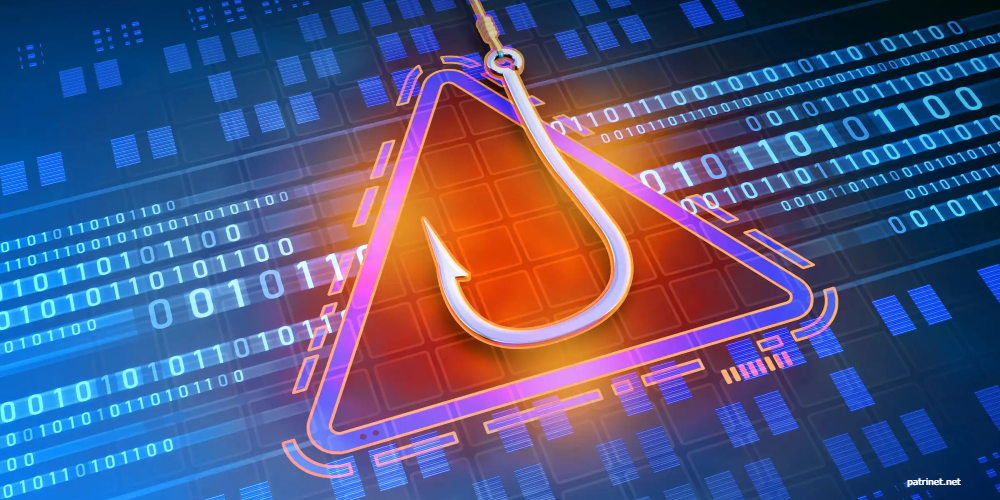
Final Words: Prioritizing Email Security in an Ever-Evolving Digital Landscape
In wrapping up, it's clear that securing your email communications is not just about choosing a provider with the right features; it's about understanding the importance of these features in safeguarding your digital life. Routine backups, strong spam and virus filters, multi-factor authentication, and vigilant anti-phishing measures are not just tools; they are the essentials that define a resilient email service.
It's vital not to overlook the significance of these security layers. They work in concert to provide a robust defense against the myriad of threats that lurk in the shadows of the online world. In an era where our personal and professional lives are intertwined with digital communications, it is a critical responsibility for individuals and organizations to ensure that their email practices reflect the best standards of data protection.
Taking these steps does not only secure our present but also solidifies the foundation for a safer digital future. By being proactive with email security, you can rest assured that your private information remains confidential, as it should be, allowing you to focus on the more important tasks at hand. Always choose wisely, stay informed, and take the necessary measures to protect your online presence from those who seek to compromise it.








